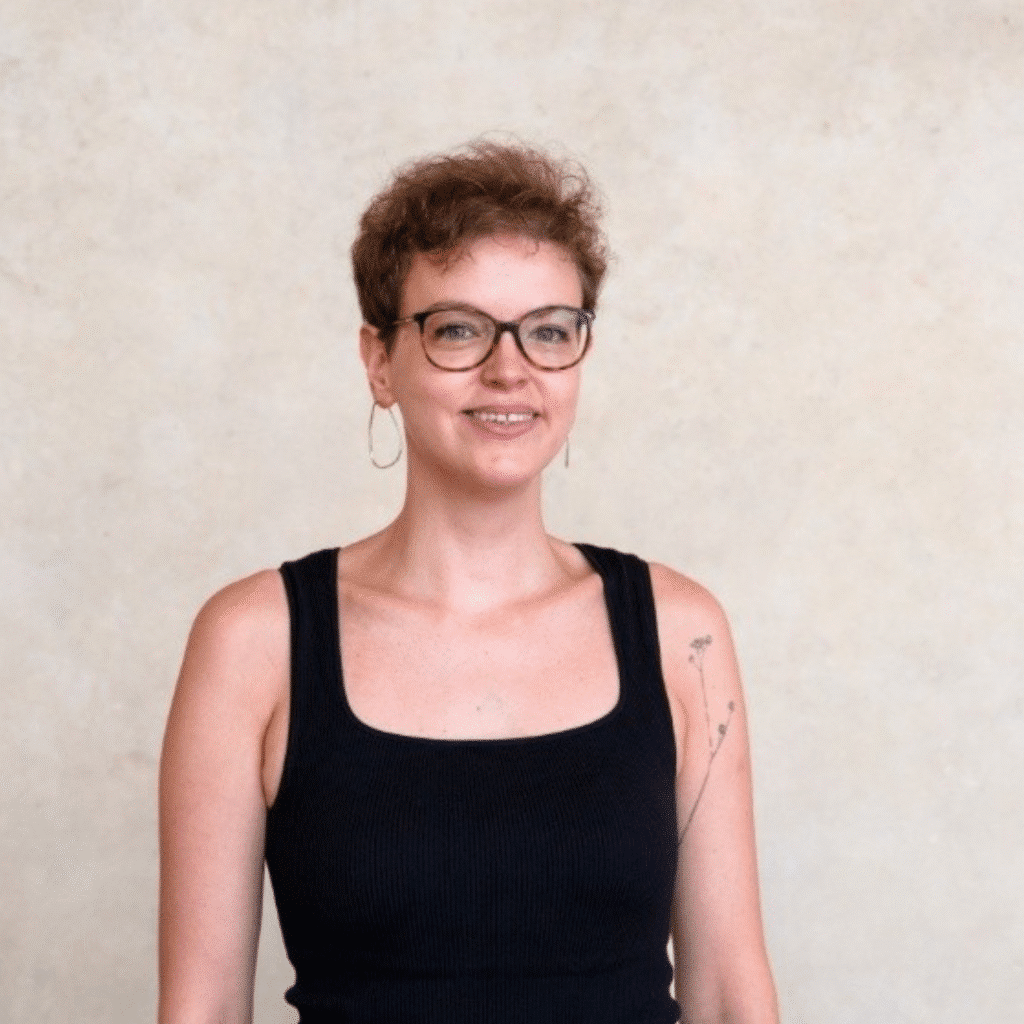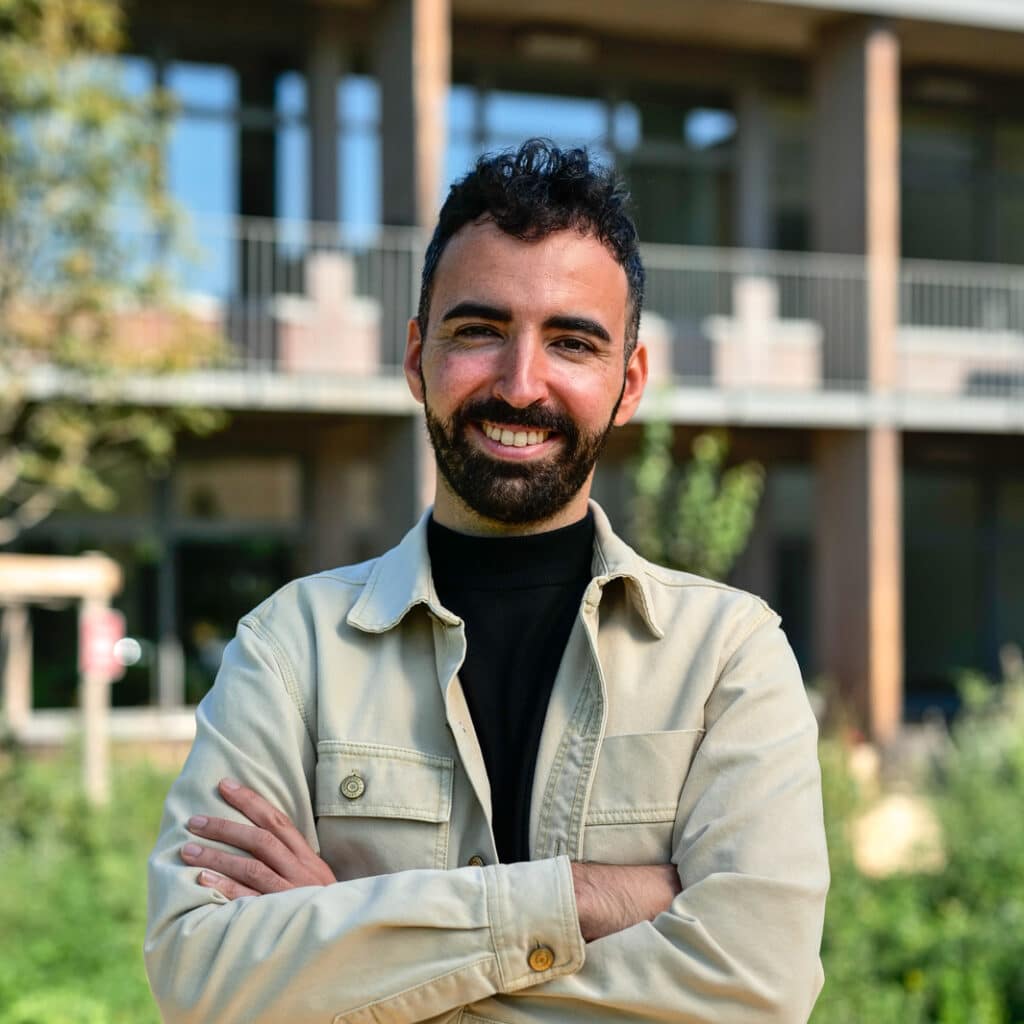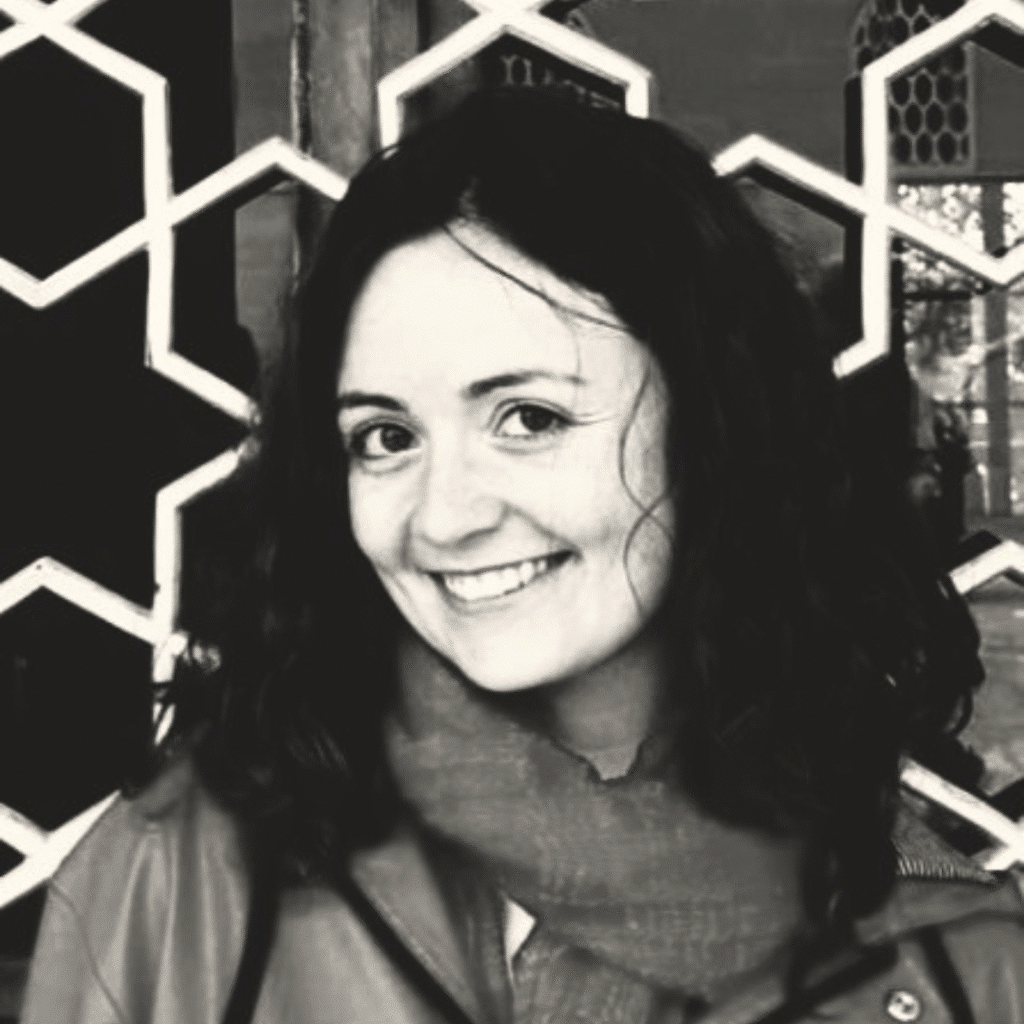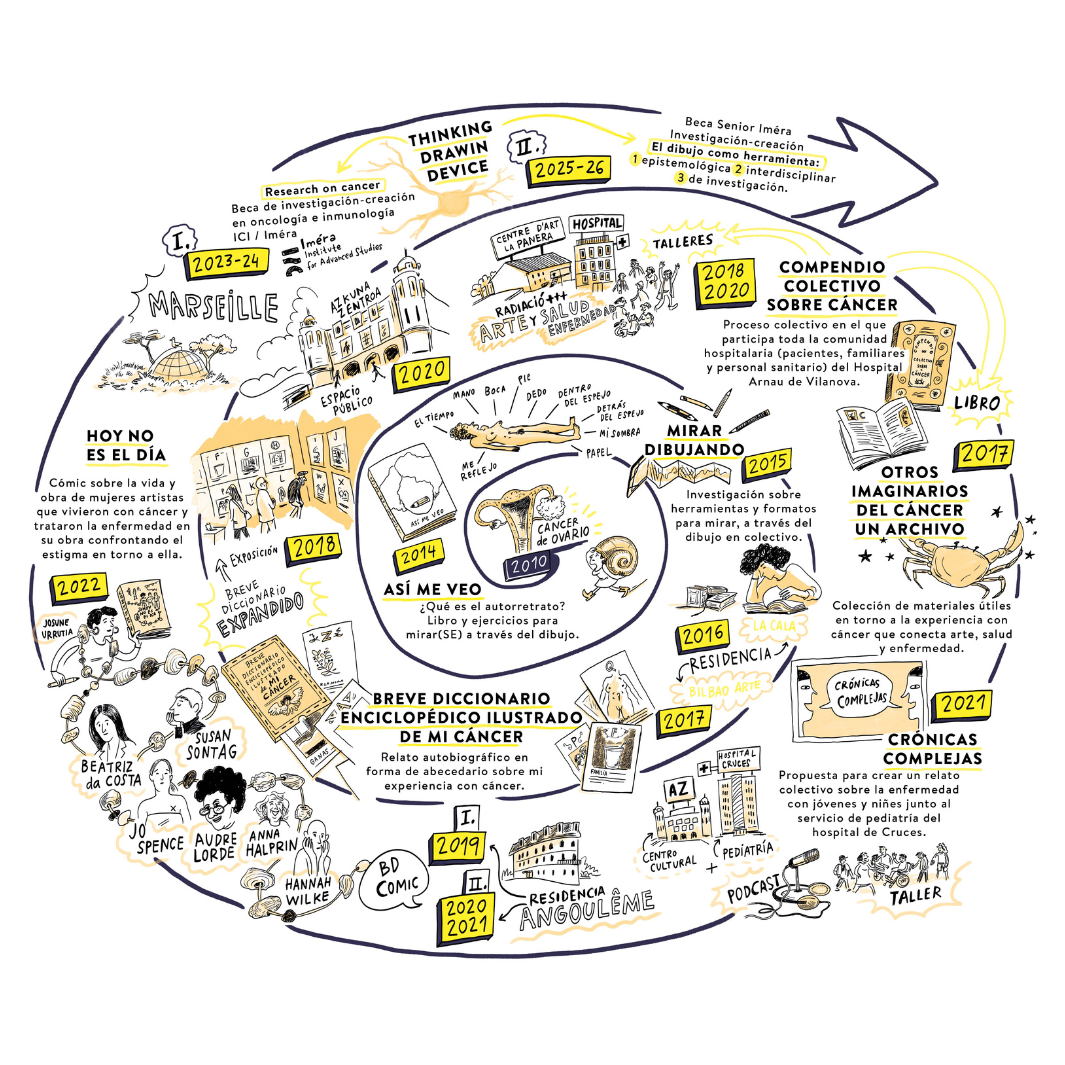An exchange on life after a PhD and how to make your research visible internationally, organised by Asensio Robles-Lopez, holder of the 2025-2026 Albert Hirschman: The passions of Identity between Europe and the Mediterranean – Sciences Po Aix/Iméra Chair.

Photo credit: 2H Media on Unsplash.
What opportunities are there for young researchers?
Completing your doctorate can feel like a leap into the unknown: the end of a period of relative stability and the start of a long and winding road. Current circumstances make this transition all the more confusing. Reduced public funding, a competitive labour market and the prospect of personal instability are all factors likely to discourage young PhDs from pursuing an academic career.
But it’s not all doom and gloom. Today’s academic world also offers many opportunities for young researchers, particularly on an international scale.
Come and talk to international post-docs
With this in mind, Iméra will be welcoming three international postdoctoral researchers to offer advice and support to any interested doctoral students. Conceived as an informal exchange, this event aims to create an open space for dialogue between doctoral and post-doctoral students.
The meeting will open with a series of presentations, during which the three speakers will address a number of themes:
- Promote your work: make your research visible on an international scale.
- Targeting funding and building your CV: strategies and best practice.
- Quantity or quality? English as a priority? Approaches to scientific publication.
- Peer pressure: the role of networks (and social networks).
- Giving your first lessons: going from student to teacher.
Wednesday, December 10th, 2025 from 4.30 pm to 6.30 pm
Terms and conditions of participation
The event is open to all doctoral students, whatever their stage of study or discipline within the humanities and social sciences. It will be held on the Iméra campus, with online participation via Zoom. Attendance in person is still recommended.
With the participation of :

Flavia Canestrini is a Max Weber Postdoctoral Research Fellow at the European University Institute (EUI) in Florence and Associate Professor at LUISS University in Rome. A specialist in economic and international history, her research focuses on the links between globalisation at the end of the XXᵉ century, US foreign policy and international economic relations. In particular, she studies the way in which North American actors used economic sanctions as instruments of power. With a PhD in history from Sciences Po Paris, she has been a visiting researcher at Northwestern University (IL, USA) and has taught at LUISS as well as Sciences Po (Paris and Reims).
Asensio Robles is the holder of the Albert Hirschman: The passions of Identity between Europe and the Mediterranean – Sciences Po Aix/Iméra chair and an associate professor at Madrid’s Comillas University. An interdisciplinary historian, he specialises in Franco’s dictatorship, the Cold War and contemporary economic globalisation. He holds a doctorate in history from the European University Institute (EUI) in Florence, and has been a visiting scholar at Columbia University (NY, USA) and the London School of Economics (UK). His work has been supported by several international institutions, including the History and Political Economy Project, the Business History Conference and the Transatlantic Studies Association.


Ana Struillou is an SNSF postdoctoral researcher at the University of Zurich, having previously been a Past and Present Fellow at the Institute of Historical Research (London). A historian of the modern period, she specialises in the study of the mobility and transmission of material culture between Europe and North Africa. Her book (in preparation), based on her doctoral thesis defended at the European University Institute, explores the material culture of different groups of travellers across the western Mediterranean from the early XVIᵉ to the mid XVIIᵉ century. She has published on the history of the Mediterranean and Spain, and her work has appeared in Mediterranean Historical Review, Past & Present and the Journal of Early Modern History, among others.
Coming to Iméra
- Pedestrian access: come through the gate of the 2 place Leverrier, 13004 Marseille.
- PRM access: come through the gate of the Allée Jean-Louis Pons, 13004 Marseille.



